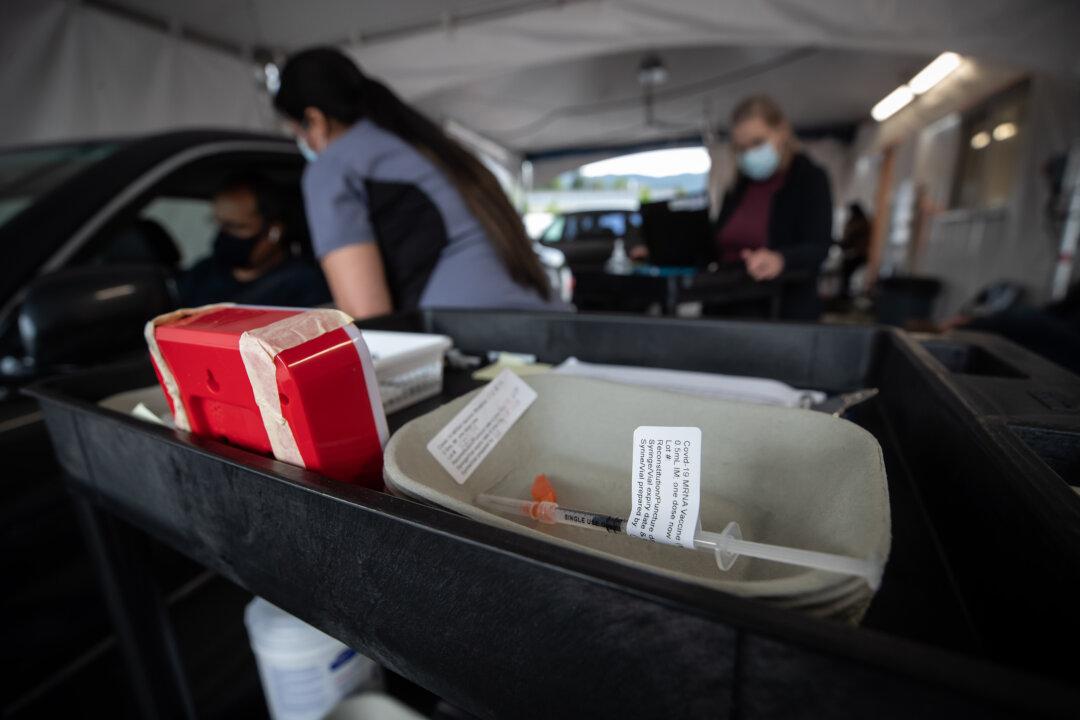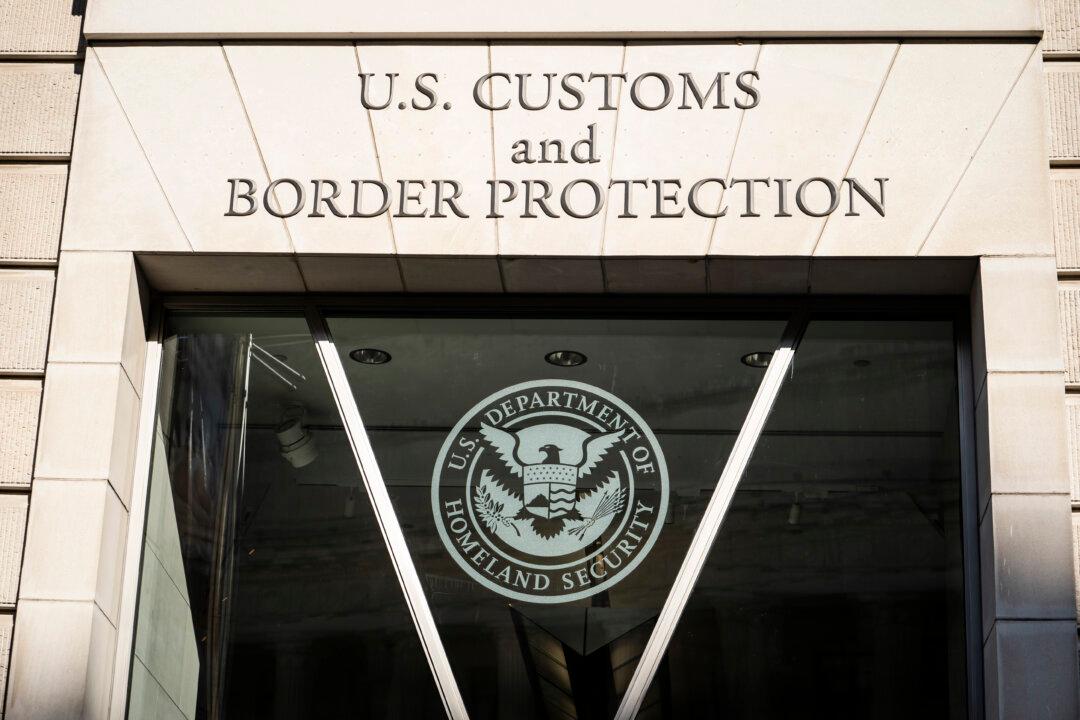In early September, a Saskatchewan judge did a startling thing. The father of a 12-year-old girl had applied for a court order allowing his daughter to be vaccinated against COVID-19 over the objections of her mother. Justice M.T. Megaw of the Saskatchewan Court of Queen’s Bench granted the order, concluding that vaccination was in the best interests of the girl and could proceed without her mother’s consent.
While to some, that outcome may itself seem contentious, the curious part happened along the way. The judge’s conclusion was not based on evidence about the girl’s risks from the virus and from the vaccine. Instead, he rejected the need for evidence on these questions at all, and took “judicial notice” that the virus posed a serious and significant health risk to children like the 12-year-old, and that the Pfizer COVID-19 vaccination was safe and effective for her to receive.





